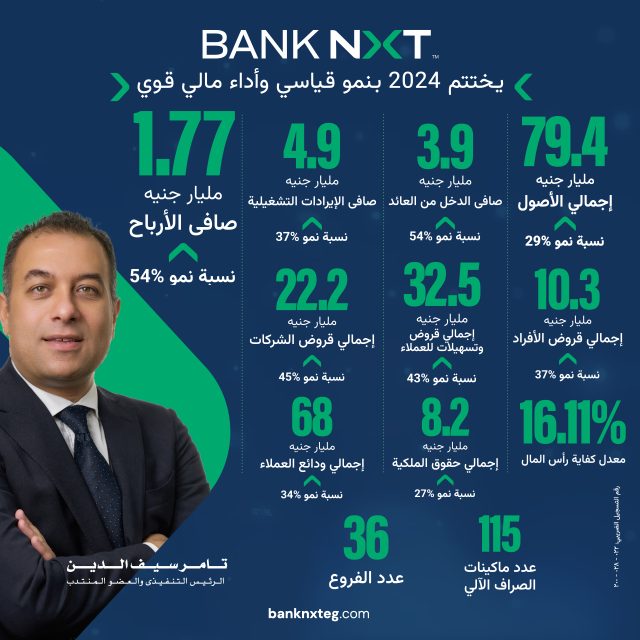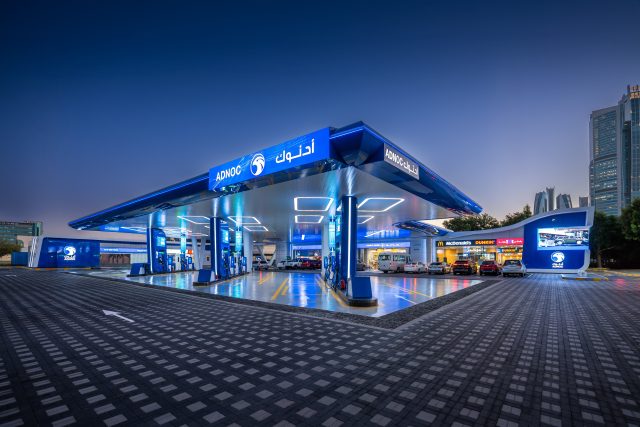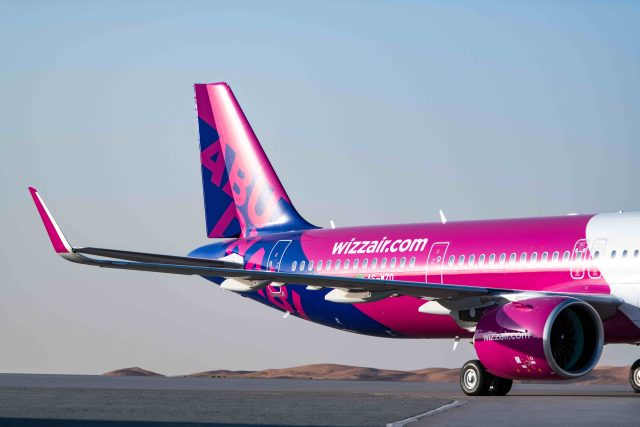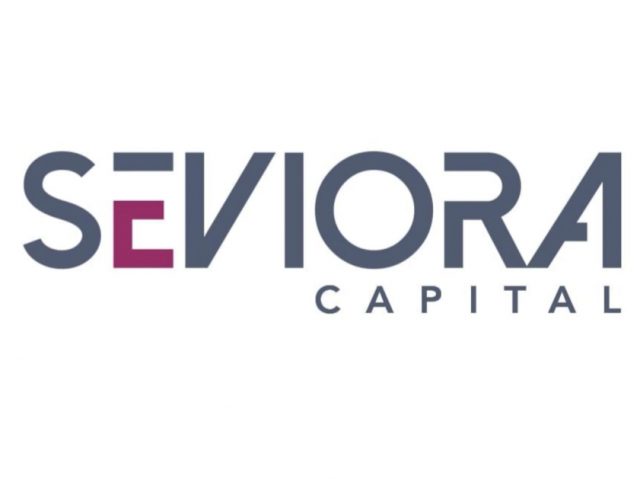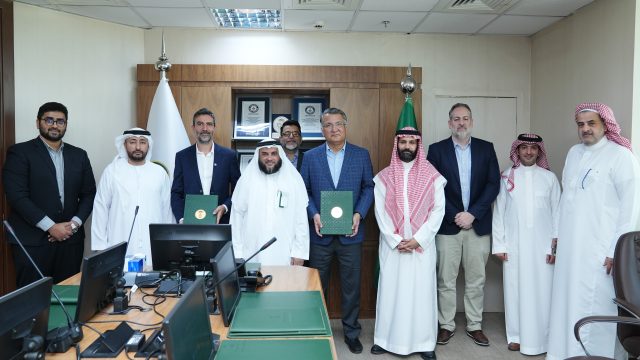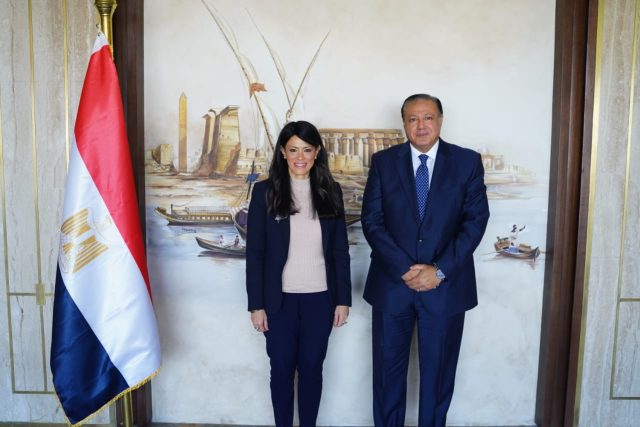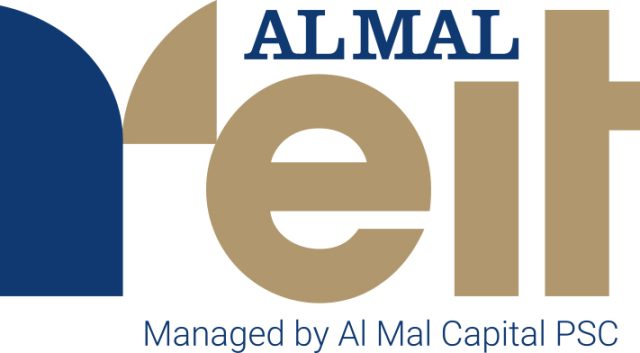Bank NXT Achieves Record Net Profit of EGP 1.77 Billion, Reflecting Robust Performance in 2024
Bank NXT, a leading provider of integrated retail and corporate banking solutions in Egypt, and a subsidiary of EFG Holding, announced today its financial results for 2024, achieving a record net profit of EGP 1.77 billion, marking an impressive 54% year-on-year growth. Bank NXT’s strong performance in 2024 was fueled by its innovative product offerings and strategic partnerships, aligning with its long-term growth plan to better serve its expanding customer base.
Net interest income surged 54% year-on-year to EGP 3.91 billion, up from EGP 2.54 billion in 2023, while operating profit climbed 37% to EGP 4.9 billion in 2024. This growth was fueled by an expansion in the lending portfolio and rising interest rates throughout the year. The bank’s total lending portfolio grew 43% year-on-year to EGP 32.5 billion, compared to EGP 22.8 billion in the previous year. This was driven by a rise in corporate and institutional loans to EGP 22.2 billion, marking an increase of 45%, and a 37% increase in retail loans to EGP 10.3 billion. Despite challenging economic conditions, the bank maintained a solid capital adequacy ratio of 16.11%, reinforcing its long-term expansion strategy.
Customer deposits grew 34% to EGP 68 billion by December 2024, up from EGP 50.9 billion the previous year, reflecting strong customer confidence in the bank. Total assets increased by 29% year-on-year to EGP 79.4 billion, compared to EGP 61.4 billion in 2023, while total shareholders’ equity grew by 27% to EGP 8.2 billion.
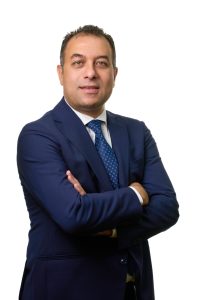
Tamer Seif El-Din, CEO and Managing Director of Bank NXT, said: “Our strong financial results in 2024 are a testament to our strategic expansion and our unwavering commitment to meeting customer needs. By broadening our product and service portfolio, we have successfully reached a wider customer base across Egypt, reinforcing our position as a leading financial institution. This achievement would not have been possible without our dedicated team, whose expertise and dedication continue to drive our success. We remain focused on delivering competitive banking solutions that create meaningful value for our clients, shareholders, and the communities we serve.”
“The rebrand to Bank NXT, effective September 30, 2024, marks a transformative step in our journey toward greater innovation and customer-centricity. This evolution is about more than just a new name—it’s a bold statement of our vision for a faster, more efficient, and digitally driven banking experience. With this renewed identity, we are strengthening our market position, integrating cutting-edge banking standards, and leveraging digital advancements to redefine financial services. This is the beginning of an exciting new chapter, built on a foundation of continuous success and sustainable growth,” added Seif El-Din.
To further its product offering, Bank NXT introduced several new products tailored to evolving customer needs. These include the saving account “Super Daily Plus”, offering an exclusive daily Compounding interest rate of up to 20%, free life insurance coverage of up to EGP 1 million, and a complimentary issuance fees for secured credit card against the super daily saving account balance. The Bank also launched a time deposit product with interest in advance with a tenor up to six months, offering a competitive rate 20% paid upfront. Additionally, it introduced a redesigned suite of seven new debit and credit cards, including a co-branded prepaid card in partnership with Valu. The bank’s credit card portfolio saw significant growth, with outstanding balances rising 390% year-on-year to EGP 392 million, compared to EGP 80 million in 2023, while the number of issued credit cards increased by 250%.
As for Digital Services, Bank NXT launched the Internet banking platform and NXT mobile application to enhance the customer’s experience. additionally, the bank expanded cash deposit and withdrawal services for credit cards via Fawry outlets. The bank also introduced the governmental payment services “CPS” for its corporate customers in collaboration with eFinance.
Moreover, the Bank partnered with MindGate Solutions to develop a digital banking platform for corporate clients, set to launch in 2025. The bank also made significant progress in expanding and upgrading its ATM network, increasing the number of ATMs to 115 in 2024, a 27% rise from 2023. The Bank plans to expand this network further, aiming for 190 to 200 ATMs by 2027 as part of its growth strategy, coupled with introducing new services such as Credit card deposit services and card pin management. As part of its strategic expansion, Bank NXT inaugurated three new branches in 2024, located in Madinaty, 6th of October, and Assiut. Additionally, a Digital Transformation Hub (Digital Factory) was launched. Demonstrating its commitment to inclusivity, the 6th of October and Assiut branches are designed to serve customers with special needs. This expansion increases the bank’s branch count to 36, including three Islamic banking branches, with a projected growth of 50 branches by 2027.
In support of SMEs, the bank surpassed the 25% regulatory requirement set by the Central Bank of Egypt. This highlights the bank’s commitment to providing comprehensive financing solutions for businesses at various growth stages.
In line with the financial inclusion strategy and the presidential initiative “A New Beginning for Human Building”, supported by the Central Bank of Egypt, Bank NXT has expanded customer access to banking products and services. The bank has also enhanced financial accessibility for micro-enterprises and self-employed professionals by offering economic accounts and conducting financial literacy sessions.
To ensure inclusive access to banking services, the bank has taken steps to accommodate people with disabilities and the elderly by equipping branches and ATMs accordingly. Additionally, to further promote financial inclusion, the bank introduced a free youth banking package, including a 15+ savings account with no fees or minimum balance, along with free prepaid and debit cards. The Bank also has actively participated in major events such as Qaderoon Beach in Damietta, Al Horreya Club in Port Said, and October University for Modern Sciences and Arts (MSA). Furthermore, in support of visually impaired customers, the bank has printed account opening forms and the CBE brochure in Braille.
Bank NXT places a high priority on actively contributing to achieving the goals of Egypt’s Vision 2030 and the United Nations Sustainable Development Goals (SDGs), with a focus on achieving inclusive economic development by integrating environmental, social sustainability practices, and governance (ESG) principles into all its activities and operational processes, including those of its suppliers. These efforts include promoting digital transformation, as well as designing and developing a comprehensive Environmental and Social Risk Management System (ESMS) to identify, assess, and manage risks associated with these aspects, and working to reduce carbon emissions. These efforts have been reflected in the bank’s carbon footprint report. The bank also places great importance on training employees at all levels on sustainability concepts and enhancing environmental awareness. Additionally, the bank issued its first GRI report this year, which reflects all sustainability activities within the bank to ensure a positive and sustainable impact in the future.
As part of its corporate social responsibility (CSR) initiatives, the Bank continued its contributions to healthcare, education, and social welfare. Through the Bank NXT Foundation for Community Development, it partnered with organizations such as Tahya Misr Fund and Al Orman Association to distribute food supplies to underprivileged families during Ramadan, donating electric wheelchairs to disabled individuals in New Damietta City, and funding the digitization of the Cairo University Faculty of Law Library.
In recognition of its outstanding performance, Bank NXT won several prestigious awards in 2024, including “Transformational Leadership Excellence in Egypt” from the World Union of Arab Bankers (WUAB). Additionally, the bank was named “Best Local Bank” in Egypt by EMEA Finance African Banking Awards 2024.
For the full financial report for the year ended December 31, 2024, and management commentary, please visit the bank’s website. https://www.banknxteg.com


